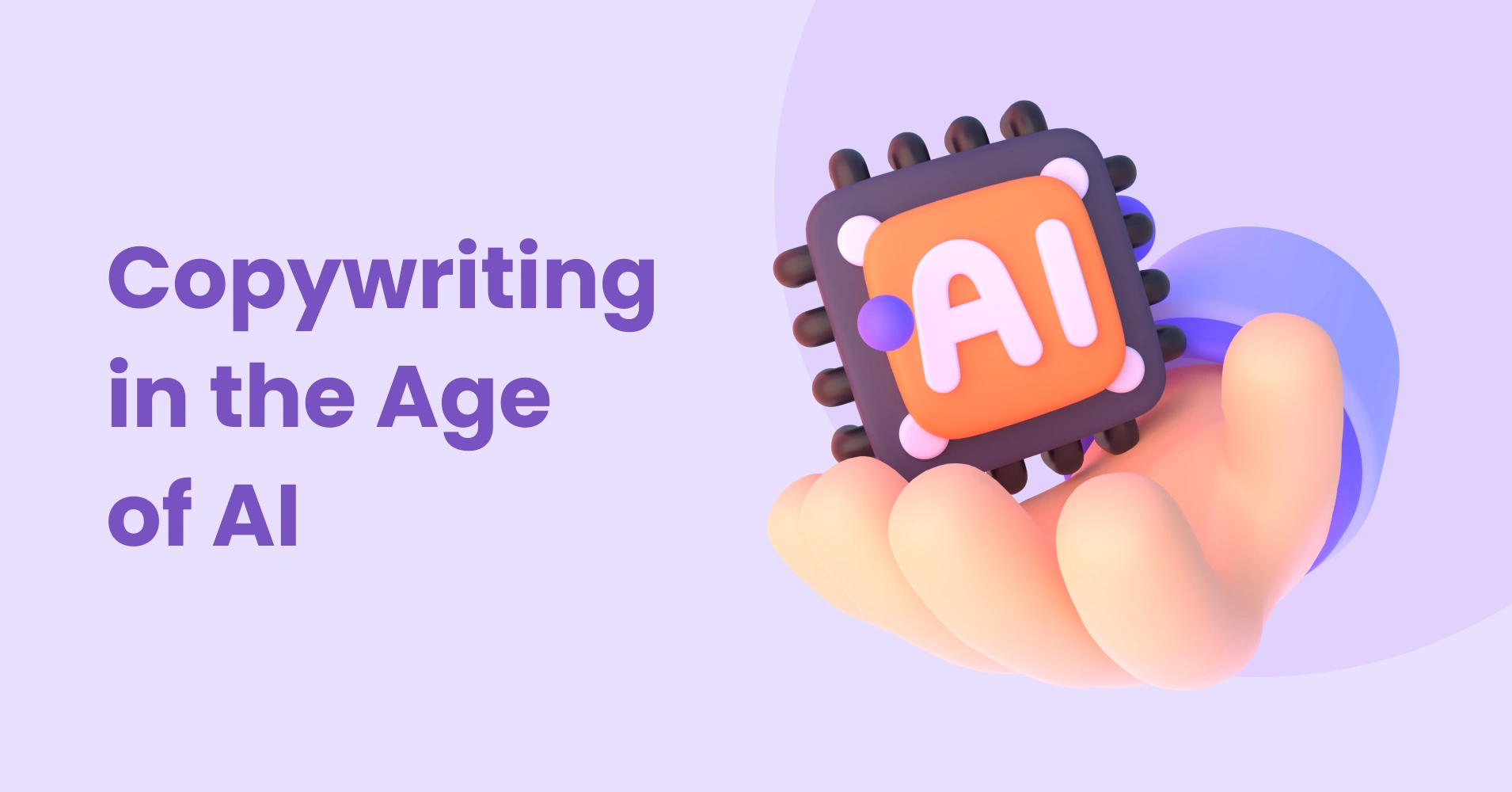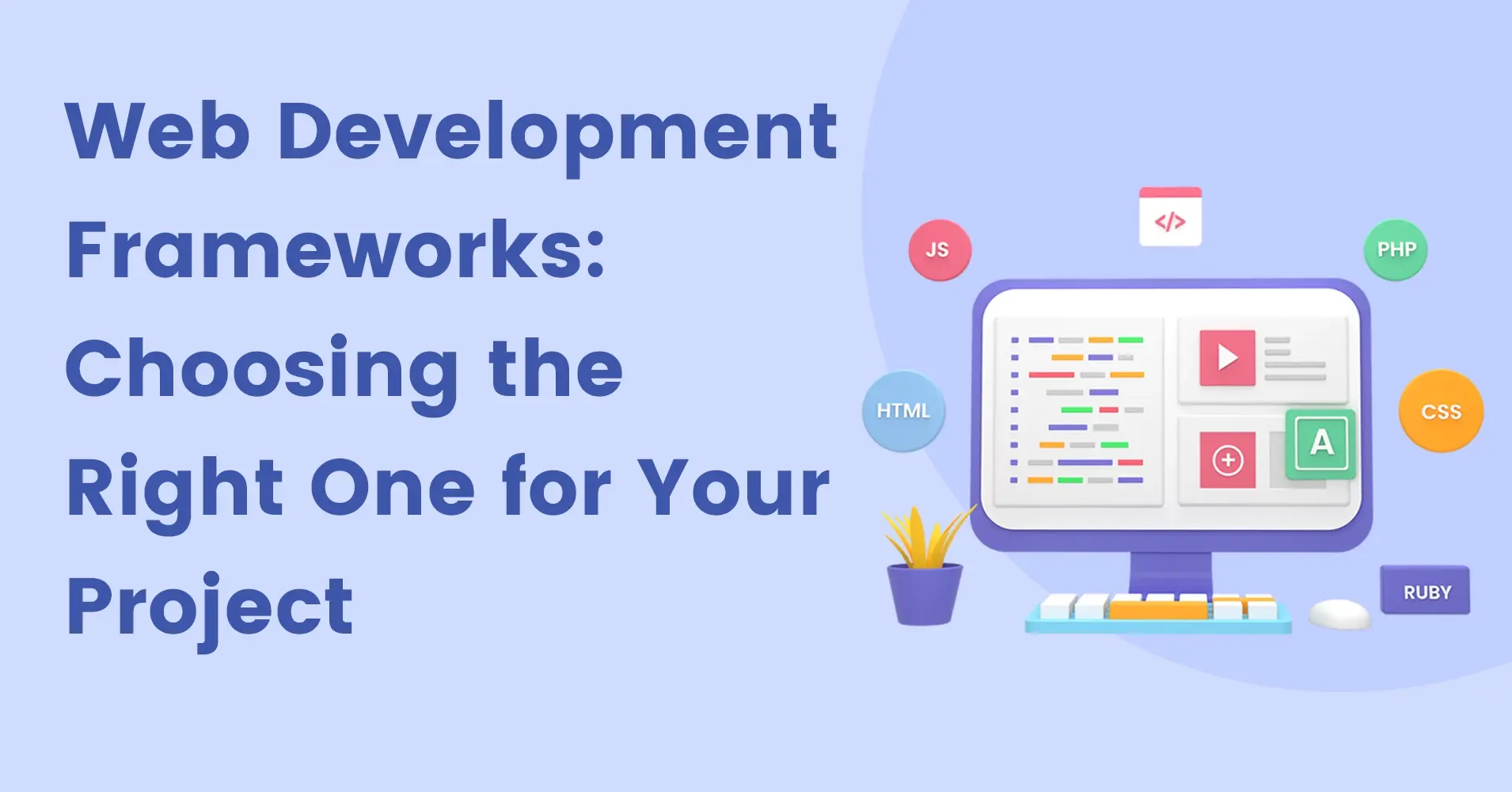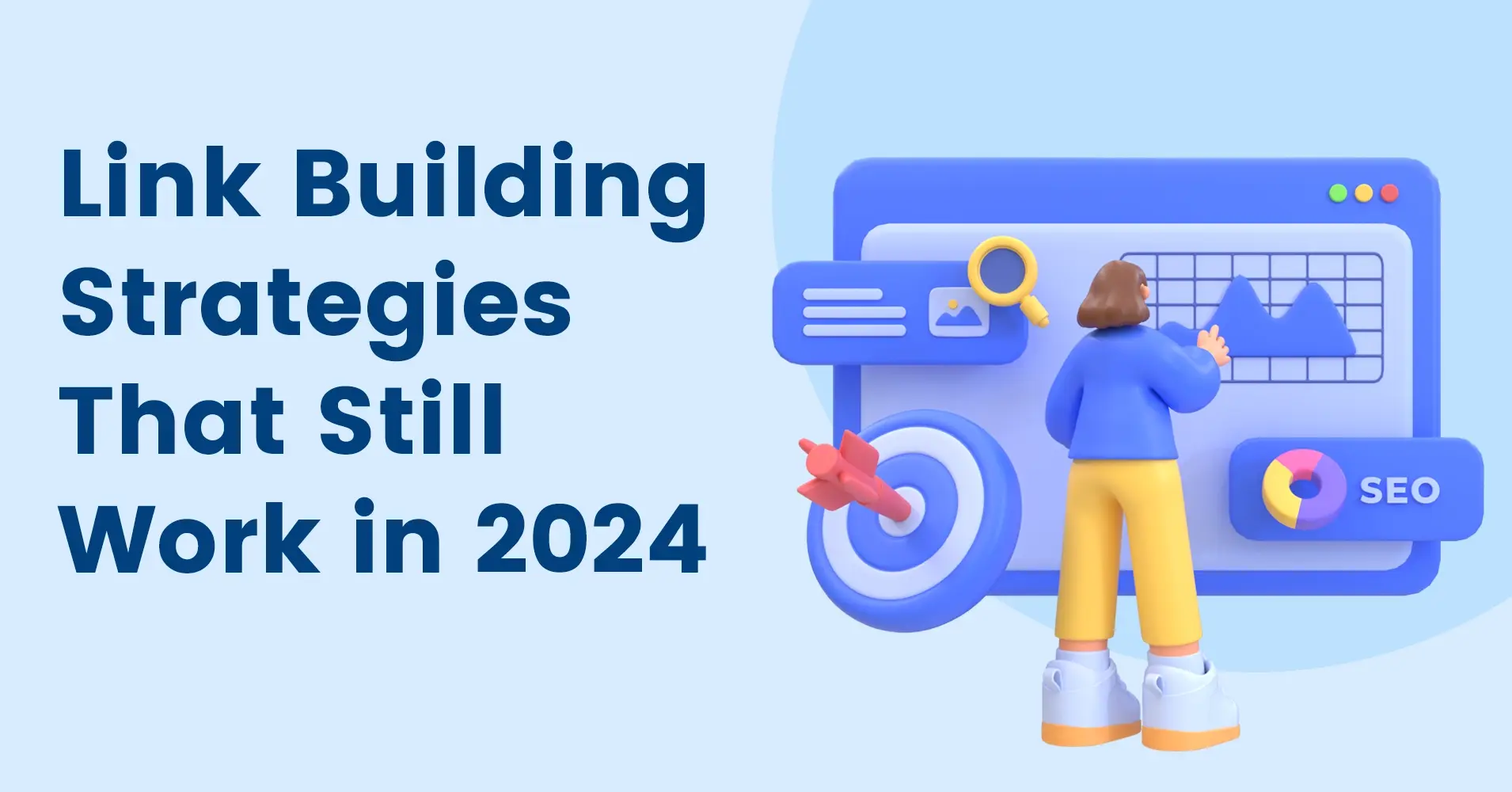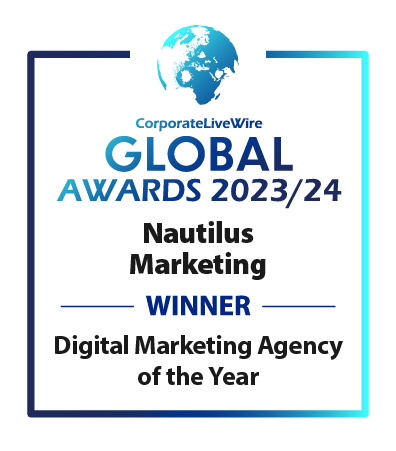7 Reasons Why ChatGPT Won’t Completely Replace Copywriters
The question on everyone’s lips – Will ChatGPT replace copywriters?
While ChatGPT and similar AI models have shown impressive capabilities in generating text, it’s unlikely that they will completely replace copywriters in the foreseeable future.
Why?
Well, copywriting involves a creative and strategic approach that goes beyond merely generating text.
An approach based on human psychology.
Humans have the upper hand in that regard.
Effective copywriting taps into human psychology, to persuade humans to take a desired action – either moving them further down the sales funnel or initiating a sale.
Certainly, if you’re looking to get words down on a page, ChatGPT and other AI tools do a pretty good and efficient job of that.
However, the quality of AI output is dependent upon the quality of the human input given.
And even then, requires the editing of a human to be effective.
The key here is ‘human’ – keep this in mind as you read the blog post.
Now, there are various reasons why AI tools like ChatGPT won’t completely replace copywriters.
Here are some of them:
Creativity and Empathy
Copywriting is a craft that requires creativity, empathy, and a strong understanding of the target audience you are communicating to.
AI can quickly and efficiently generate text, but ChatGPT developers admit that it has its limitations – tending towards the “verbose and repetitive”.
Copywriters, on the other hand, are skilled wordsmiths, creatives, and empathisers, trained and practiced in crafting creative copy that resonates on a human level and converts.
Fundamentally, AI is artificial intelligence, not human intelligence, it doesn’t understand emotion or empathy.
“AI can’t understand what makes humans tick”.
Yes, AI is evolving and getting smarter, but it can’t understand culture, empathy, and values.
Skilled copywriters can engage on an emotional level.
AI doesn’t have this capacity.
Brand Voice and Tone
ChatGPT doesn’t think strategically the way copywriters do, tailoring their writing to capture brand voice, tone, and personality – connecting with the target audience on a personal level.
This goes beyond simply generating grammatically correct sentences.
Yes, you can train ChatGPT to understand the brand voice and tone of a company, providing you provide it with enough information of course.
However, AI tools don’t fully capture the nuances and authenticity in a way a skilled copywriter is trained to do.
Strategy and Fact-Checking
Copywriters are not just wordsmiths, they are skilled researchers, knowledgeable of marketing and human psychology.
A copywriter doesn’t just write, they apply marketing strategies.
They understand marketing goals, target audiences, and the competitive industry landscape.
A copywriter crafts messages that align with business objectives and resonate with consumers.
AI generates text.
One problem with ChatGPT and other AI tools is that they don’t do research and fact-checking.
“AI is known for making stuff up. So, if you don’t have proper content governance, you might get into trouble”.
Adaptability and Context
Some copywriters are experts in email, others web, social media, etc.
Other copywriters adapt their writing, understanding how different channels (such as social media, web, and print) require different approaches.
AI, on the other hand, is limited and can struggle to adapt effectively across different channels.
Typically, AI is helpful for coming up with content ideas, headlines, and social media captions – essentially short-form copy. With longer form copy, AI lacks – and search engines can pick up on it.
Emotional Intelligence
As touched on previously, AI lacks emotion, meanwhile, copywriters draw on their emotional intelligence to evoke feelings and responses.
Doing so requires a deep understanding of human psychology and empathy, which copywriters are great at, AI meanwhile struggles to replicate.
Editing and Feedback
ChatGPT and similar AI tools like Jasper and Copy AI are great starting points for generating a working draft and getting the creative juices flowing – especially if you feel like you’re coming up against writer’s block.
However, AI-generated text skips out on fact-checking, and research, and sometimes makes things up. It doesn’t understand marketing strategy, empathy, and human psychology the way a skilled copywriter does.
But this is where a skilled copywriter can help, to partner with AI tools to write more persuasive and impactful copy.
The copywriter will go through the feedback loop, where initial drafts are refined and improved upon based on client or team feedback.
Human Touch
At the heart of the matter, is the need for the human touch. 86% of consumers want to engage with an authentic brand.
Consumers value authentic human communication.
While AI-generated content might be efficient it can lack the human touch that establishes trust and connection.
At the heart of it, the quality of output of AI is limited by the quality of the input – the human touch.
And even then AI is with its limitations.
To Conclude
You can rest your fears if you think ChatGPT or any other AI is here to make copywriters obsolete.
ChatGPT can certainly be a valuable tool – it can help with generating ideas, drafting initial content, and even suggesting language improvements.
In fact, many copywriters already use AI tools to enhance their productivity.
However, the human element of creativity, emotional intelligence, and strategic thinking that copywriters bring to the table is likely to remain indispensable in the field of copywriting.
Further suggested reading:





